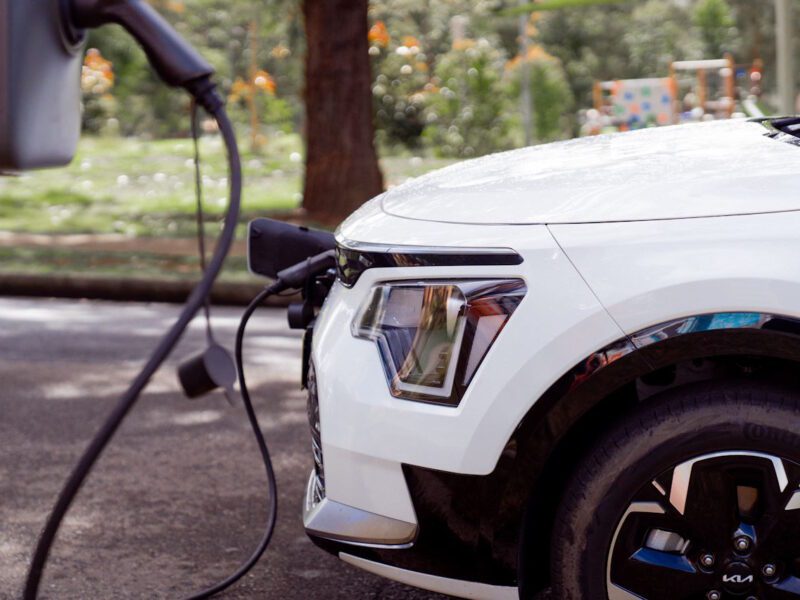A new study by Canadian researchers has revealed that even brief exposure to air pollution emitted by internal combustion engine vehicles can cause damage to the human brain. The world-first study, published in the peer-reviewed journal Environmental Health, showed that two hours of exposure to diesel exhaust was enough to decrease the brain’s functional connectivity – a measure of how different areas of the brain are able to interact and communicate with one another.
The experiment, conducted in a laboratory setting, exposed 25 healthy adult volunteers to diesel exhaust and filtered air at different times. Brain activity was measured before and after each exposure using a functional magnetic resonance imaging (fMRI). Analysis of the brain’s default mode network (DMN) revealed that participants had experienced decreased functional connectivity in widespread regions of the DMN after exposure to diesel exhaust, as compared to when they were exposed to filtered air.
While the changes in the volunteers’ brains were temporary and connectivity returned to normal after exposure, Dr. Chris Carlsten, the senior study author and the head of respiratory medicine and the Canada Research Chair in occupational and environmental lung disease at UBC, believes that the effects could be long-lasting where exposure is continuous.
“We know that altered functional connectivity in the DMN has been associated with reduced cognitive performance and symptoms of depression, so it’s concerning to see traffic pollution interrupting these same networks,” said Dr. Jodie Gawryluk, a psychology professor at the University of Victoria and the study’s first author.
Dr. Carlsten also warned people to think twice before rolling down their car windows in traffic or biking down a busy street. “It’s important to ensure that your car’s air filter is in good working order, and if you’re walking or biking down a busy street, consider diverting to a less busy route,” he said.
The study focused only on traffic pollution, but Dr. Carlsten expects other combustion pollutants are likely to pose a similar level of health risk. “Air pollution is now recognised as the largest environmental threat to human health and we are increasingly seeing the impacts across all major organ systems,” he said. “I expect we would see similar impacts on the brain from exposure to other air pollutants, like forest fire smoke. With the increasing incidence of neurocognitive disorders, it’s an important consideration for public health officials and policymakers.”
FAQ
Q1: Are electric car batteries recyclable?
A1: Yes, electric car batteries are recyclable.
Q2: Are electric car chargers free?
A2: It depends on the charger and the location. Some electric car chargers are free, while others may require a fee.
Q3: Can electric car batteries be rebuilt?
A3: Yes, electric car batteries can be rebuilt with the right tools and knowledge.











